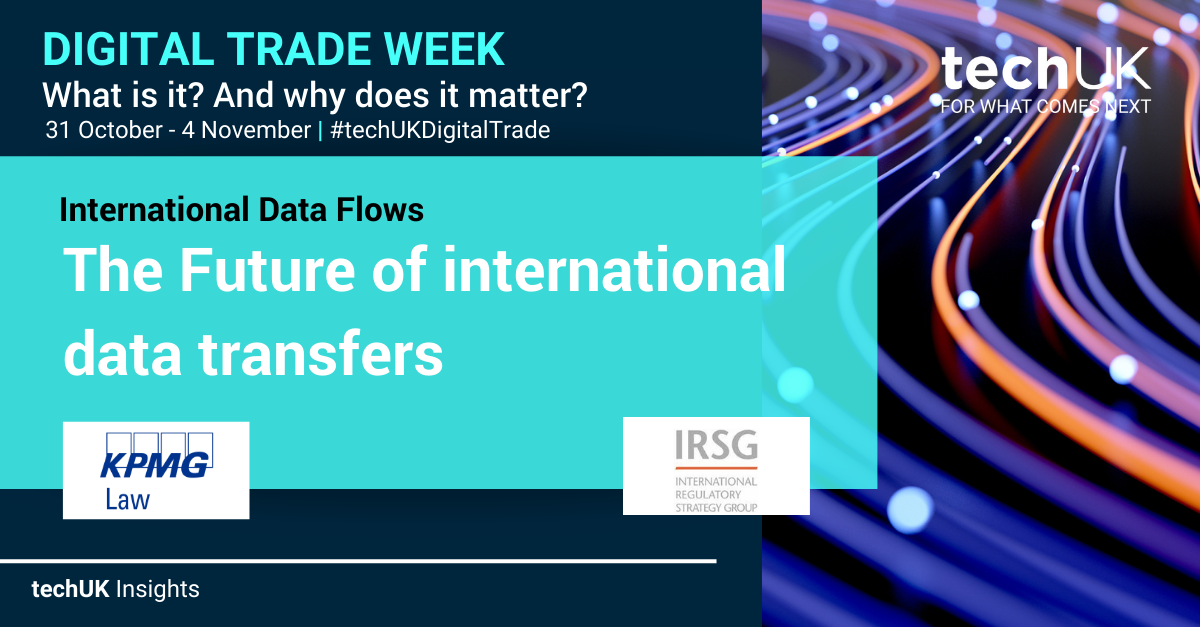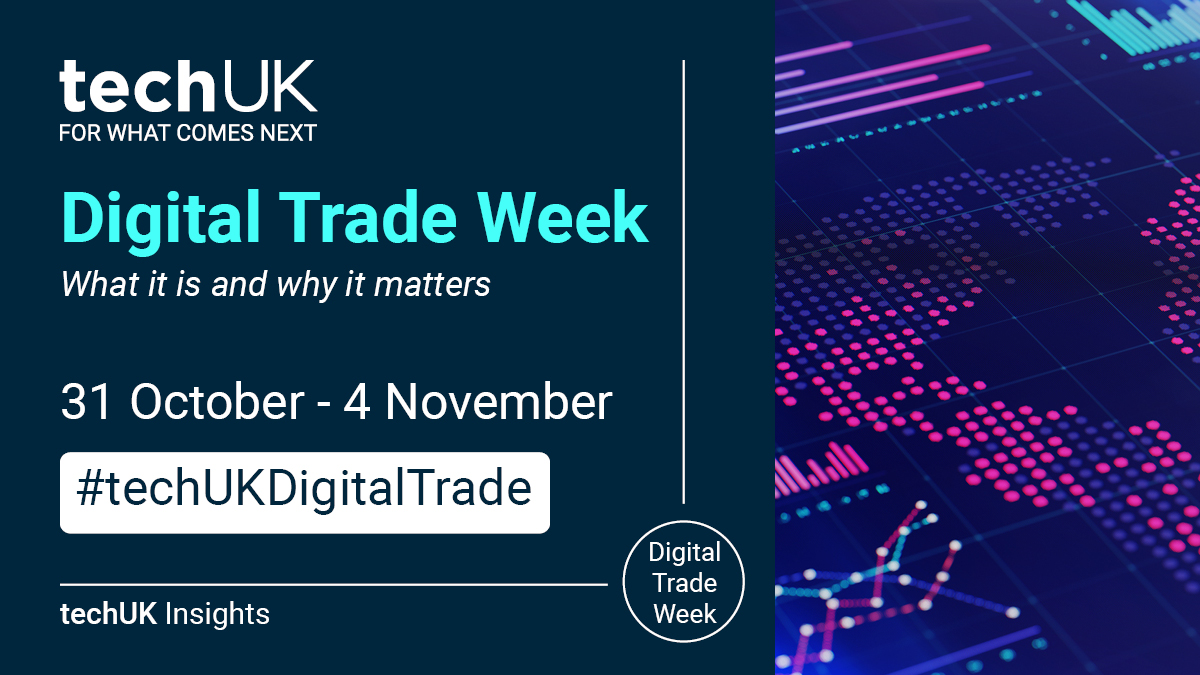The future of international data transfers

As the pace of technological innovation accelerates and the sharing of data across borders is more prevalent, the collection, creation, use, transfer, and protection of data is increasingly subject to legal, regulatory, political and societal scrutiny.
What is the importance of international Data transfers for financial services and our economy and society at large?
Data, whether personal or non-personal, and in all its forms is increasingly powering our technology, our societies and our economies.
Financial services in particular have undergone a process of dematerialisation of financial assets and processes over the past fifty years, transforming financial products and information into digital data and digitising the processes. This makes financial services one of the most digitalised, globalised, and regulated sectors of the global economy.
Data is no longer just the linchpin of financial services; finance is data, and the sector is reliant on the transnational movement of data due to the reality that financial transactions are transfers of data; financial infrastructures, such as stock exchanges and payment systems, are data networks; and financial institutions, like banks and other intermediaries, are data processors – gathering, analysing, and trading the data generated by their customers
Where may the current approach on regulation may lead for the future of international Data transfers?
In our global economy, a complex web of international data flows exists which is achieved in many different and evolving ways. Movement of data is governed by a patchwork of regulatory regimes, differing between countries and cultures which increases barriers to trade and prevents companies and economies being able to use it at pace. The patchwork approach impedes the provision of high-quality products and services to customers and is a significant barrier to trade more generally, forcing organisations to put in place extensive and complex legal frameworks to enable the transfers, of which there are a limited number.
Due to the many compliance silos this creates, the current approach is a drain on resource, with consequent impacts on the broader privacy compliance framework and availability of high-quality customer service and interactions.
Without action, the future for the regulation of international data transfers is increasingly unattractive. It is notable that any future era of protectionism is likely to be more affected by digital protectionism, rather than through tariffs, reflecting a fundamental shift to a digital versus the traditional industrial approach to the world’s economies.
What are the IRSG’s recommendations for a simpler and potentially more rationalised, aligned and beneficial arrangement for international Data transfers?
Improved rule making is achieved when the means of security compliance that is shaped to meet the problem at hand is dynamic and dialogue based. Our economies, businesses and societies are dependent on data to operate effectively and efficiently. This is becoming ever more important as we transition from industrial based economies to a digital based global economy.
Our recommendations to achieve developing an approach fit for the digital economy of the 21st century are:
- Increasing data legitimacy recognitions for third countries as an interim measure based on outcomes rather than comparisons of data laws.
- Supporting the adoption of codes of conduct, certifications and other mechanisms which all sectors can develop which are relevant and global in scope. A self-service approach relieves the burden on regulators and promotes an accountability approach to compliance which is better understood by individuals.
- A multi-lateral approach of mutual recognition based on independent standards which builds bridges rather than walls between jurisdictions to facilitate fundamentally similar data outcomes and promote data protection practices while recognizing different cultural perspective on privacy and the value of data will encourage consistency in data sharing and support innovation and economic growth.
See the link to the full paper here.

[1] Financial Data Governance: The rise of open banking and the end of the data centralization paradigm. Douglas W.Arner, Guilano G Castellano, Eriks K SElga

